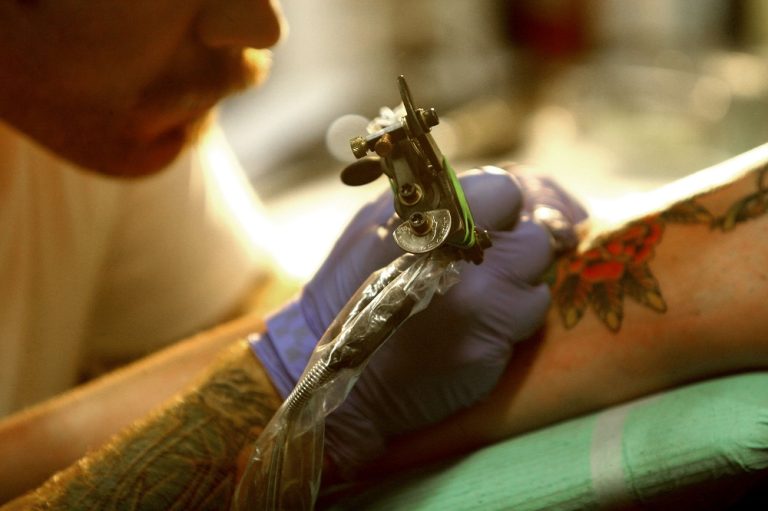Proponents of the choice argument often cite instances of individuals who have overcome addiction through sheer willpower and determination. They contend that the ability to quit using drugs is evidence that addiction is not an uncontrollable disease but rather a http://www.arspas.ru/forum/read.php?FID=10&TID=424 behavior that can be changed through personal choice and effort. In the last part of the chapter, Heyman attempts to make a case for the importance of what he calls prudential rules in preventing drug abuse.
- In the process of discussing these issues, we also address the common criticism that viewing addiction as a brain disease is a fully deterministic theory of addiction.
- The passage of the Harrison Act in 1914 marks a pivotal point in the public response to drug use and abuse.
- While they may provide a blueprint that increases your vulnerability to addiction, which genes get expressed depends largely on your environment and lifestyle choices.
- The third point of note is that a person’s risk of addiction rises based on hereditary factors.
Is Addiction a Disease or a Choice? Debunking Common Misconceptions

As tolerance builds, cravings intensify, and the ability to control impulses declines, addiction takes hold. While people who live with mental health issues might use substances to cope with their symptoms, substance use itself can also lead to—or worsen—mental health problems. Eventually this leads to the development of dependence, which means that their body has been altered so much that it loses the ability to function normally without their chosen substance.
Symptoms of Addiction

But the brain changes are not a malfunction of biology, which is the defining feature of disease. Rather, the brain changes of addiction reflect the normal plasticity processes of the brain, its every-day capacity to change in response to experience, the basis of all learning. https://targetnews.ru/rossijskie-kosmonavty-priznalis-chto-budut-pit-vodu-iz-mochi/ Drug addiction, in the simplest terms is the strong compulsion to get and use substances, even though a number of undesirable and dangerous consequences are likely to occur.
What Is Drug Addiction?

It is not the only lens, and it does not have supremacy over other scientific approaches. We agree that critiques of neuroscience are warranted 108 and that critical thinking is essential to avoid deterministic language and scientific overreach. A common criticism of the notion that addiction is a brain disease is that it is reductionist and in the end therefore deterministic 81, 82. As indicated above, viewing addiction as a brain disease simply states that neurobiology is an undeniable component of addiction. A reason for deterministic interpretations may be that modern neuroscience emphasizes an understanding of proximal causality within research designs (e.g., whether an observed link between biological processes is mediated by a specific mechanism).

We do not and have never accepted fees for referring someone to a particular center. Providers who advertise with us must be verified by our Research Team and we clearly mark their status as advertisers. A personalized treatment plan empowers you to identify and address what’s driving your addictive behavior, and to create lasting life change. How much of addiction can be attributed to genetics4 has long been a topic of scientific debate. http://gamelegend.ru/soundtrack/554-saundtreki-k-igre-max-payne-3-2012-mp3.html “Even the most extreme environmentalists along the nature-nurture continuum in psychology now acknowledge that genes often contribute to individual differences in behavior,” says neuroscientist and behavior geneticist Dr. John C. Crabbe. With repeated drug or alcohol use, your brain adapts to the presence of that substance.
- At the severe end of the spectrum, these domains converge (heavy consumption, numerous symptoms, the unambiguous presence of addiction), but at low severity, the overlap is more modest.
- While there is an element of choice in substance use, the neural actions of dopamine tilt the brain to be so interested in the immediate reward that it can’t even contemplate longer-term goals or exert control.
- The disease model of addiction also suggests to people that they existing in a fragile state of recovery forever, always in danger of failing.
- If your religion is your preferred path to healing, you might benefit from faith-based addiction treatment.
- We believe everyone deserves access to accurate, unbiased information about mental health and addiction.
- It is important to recognize the impact of these environmental and social factors on addiction and to address them as part of the treatment process.
Even if you’re not severely traumatized, chronic stress can lead you to self-soothe with substances. And if alcohol or drug use is normalized in your friend group and substances are easily available, social factors can play a part in developing addiction, too. To further complicate matters, some people are more prone to addiction than others. One of the most common signs for determining if someone is as risk for addiction is to uncover whether there is a history of past addiction in their family. This supports the argument that addiction is a disease because if choice was the main factor in addiction, a person’s family history would have little bearing on their chance for becoming addicted as well. Changes in brain function and structure in addiction exert a powerful probabilistic influence over a person’s behavior, but one that is highly multifactorial, variable, and thus stochastic.






